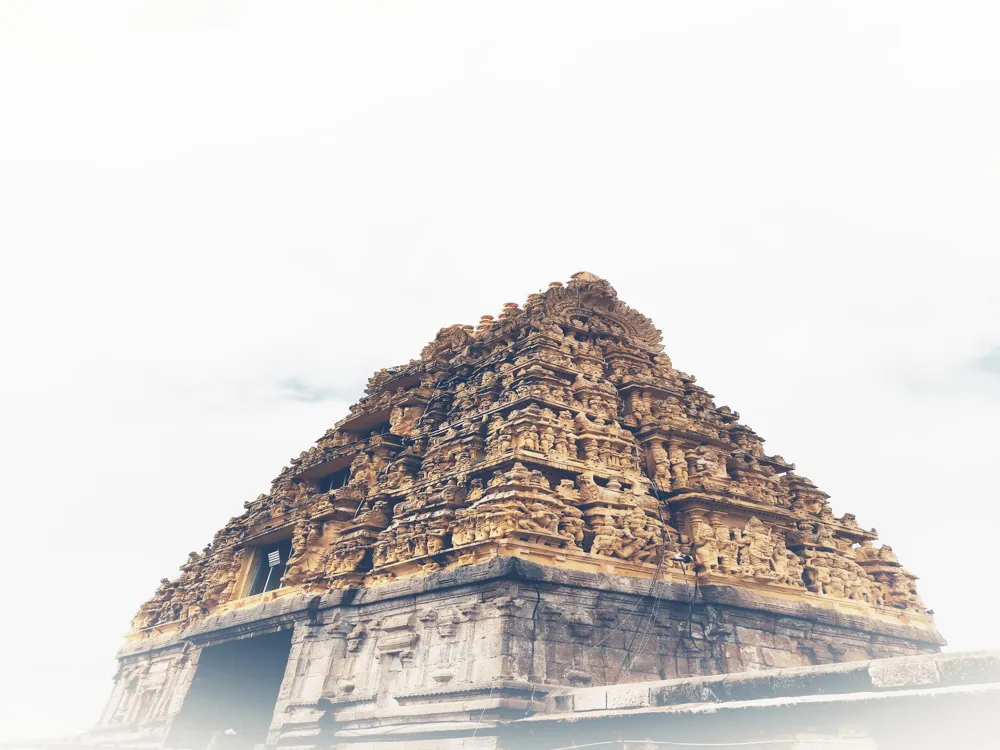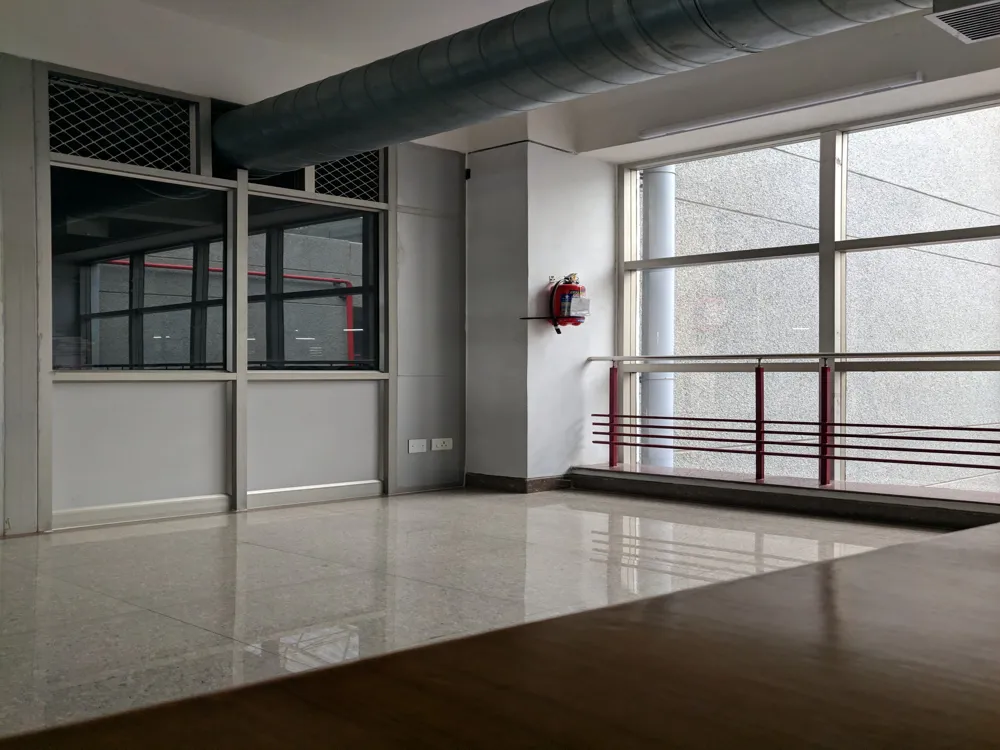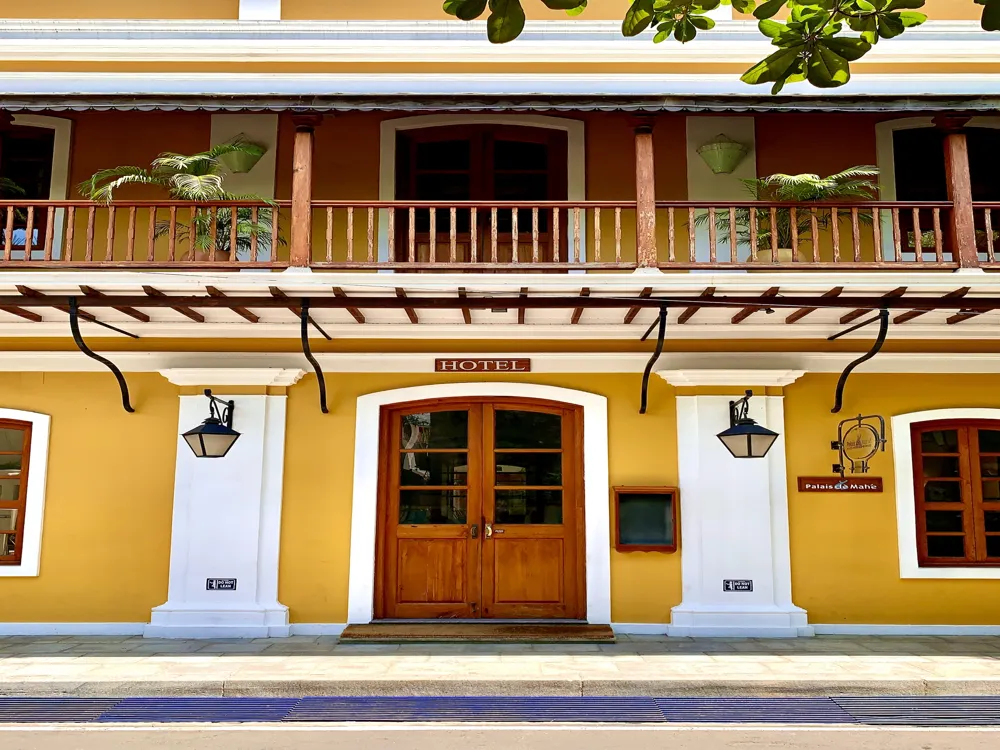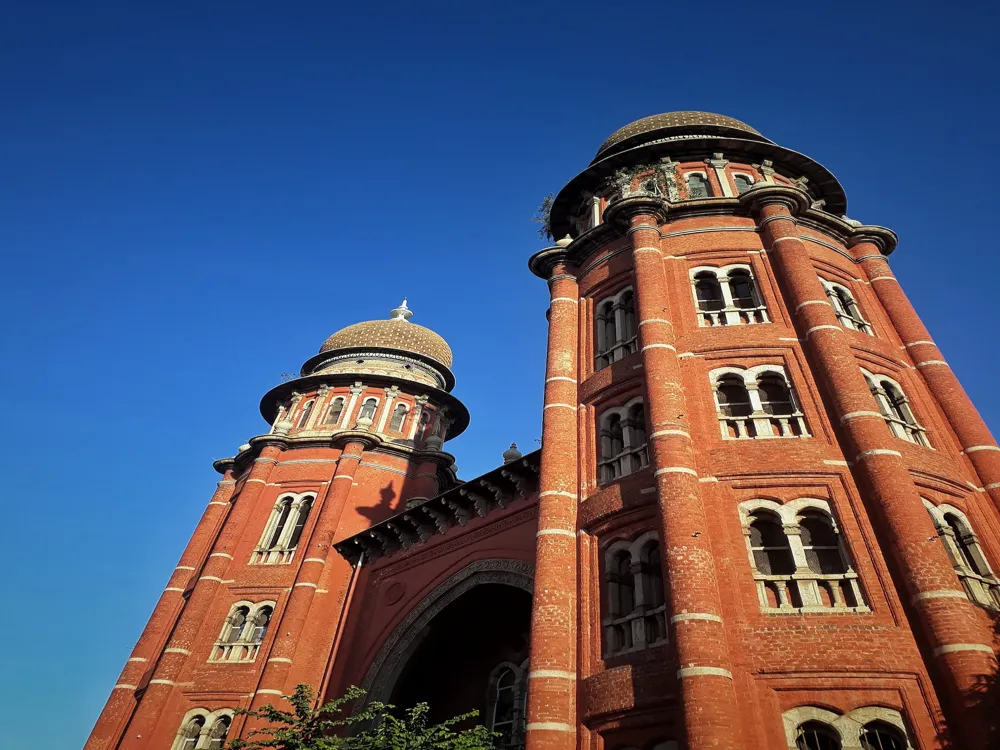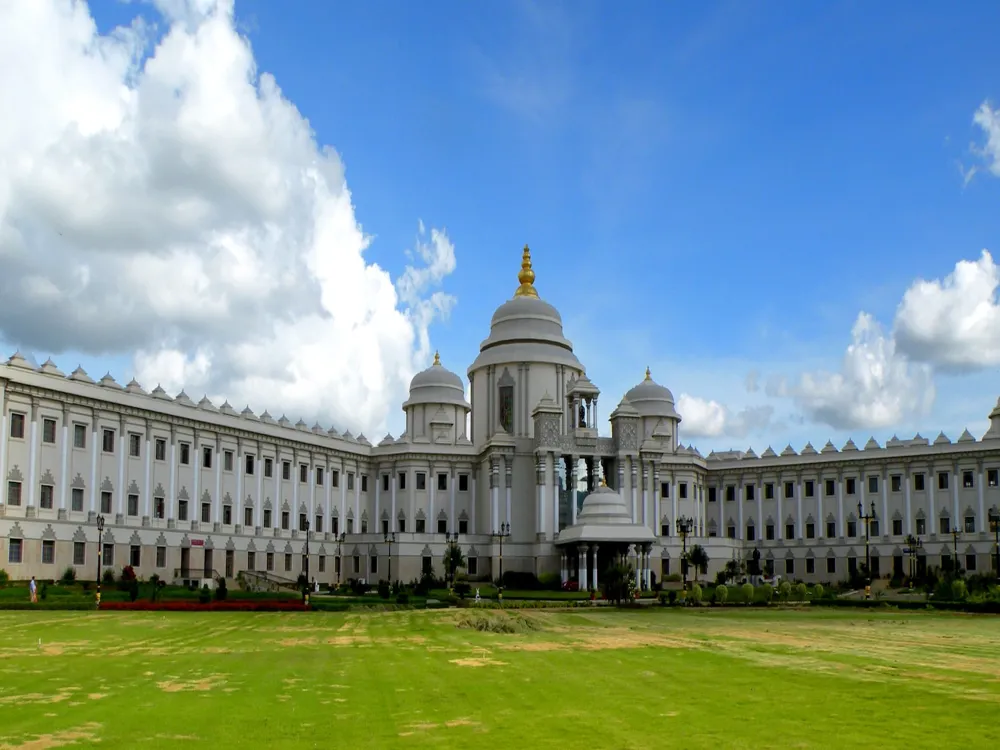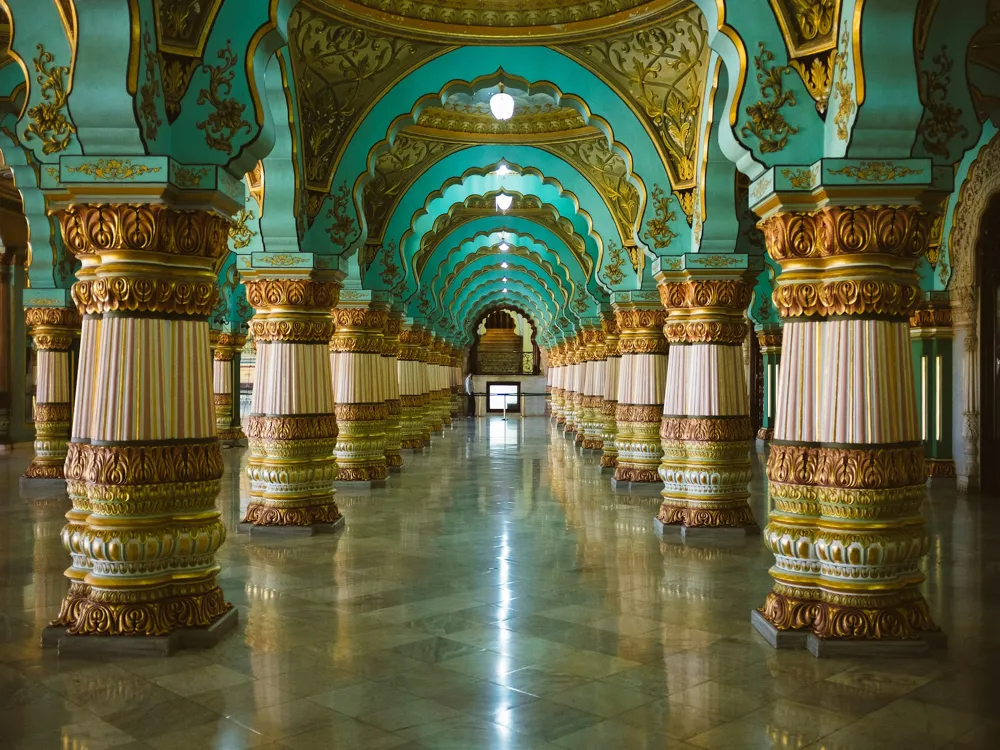Chittoor, a significant cultural and historical hub in Andhra Pradesh, India, presents a unique blend of ancient heritage and natural beauty. Nestled in the Poini river valley, Chittoor is not just an administrative headquarters but a destination rich in history and tradition. The city's name, often linked to the Telugu word 'Chittu' meaning a small child, reflects its nurturing nature. Over the centuries, Chittoor has witnessed the rise and fall of various dynasties, each leaving an indelible mark on its cultural landscape. The city's history dates back to the early Dravidian civilization, and its strategic location made it a coveted prize for many rulers. The Pallavas, Cholas, Vijayanagara Empire, and even the British Empire have ruled over this region, contributing to its diverse cultural tapestry. This historical melange is evident in the city's architecture, cuisine, and the languages spoken. Telugu, the primary language, is spoken alongside Tamil and Kannada, symbolizing the city's historical connections with neighboring states. Chittoor's economy thrives on agriculture, with crops like mango, sugarcane, and peanuts forming the backbone. The city is also famous for its milk products, textile industry, and local handicrafts, which reflect the skill and artistry of its people. The city's bustling markets offer a glimpse into the local lifestyle and are a paradise for those interested in traditional crafts and flavors. For nature lovers, Chittoor is a haven. The city is surrounded by hills and rivers, offering picturesque landscapes and tranquil retreats. The Horsley Hills, a popular hill station nearby, provides a cool respite from the tropical climate. Wildlife enthusiasts can explore the Sri Venkateswara Zoological Park, home to a diverse range of flora and fauna. Chittoor's cuisine is a delightful exploration of flavors, with a mix of spicy and savory dishes. The use of tamarind, curry leaves, and mustard seeds in local recipes offers an authentic taste of South Indian cuisine. The city is particularly known for its spicy pickles and mouth-watering sweets, which are a must-try for visitors. Chittoor's architecture is a testament to its rich and diverse history, showcasing a blend of various architectural styles from different eras. The city's temples, forts, and historical buildings reflect the influence of Dravidian, Vijayanagara, and even Colonial architectural styles. The Dravidian style, predominant in the region's ancient temples, features pyramid-shaped towers called 'gopurams'. These temples, built between the 7th and 16th centuries, display intricate carvings and sculptures that depict stories from Hindu mythology. The Kanipakam Vinayaka Temple, dedicated to Lord Ganesha, is a fine example of this style, attracting devotees from across the country. The Vijayanagara Empire, which ruled over Chittoor in the 14th century, introduced a unique style combining elements from Hindu and Islamic architecture. This period witnessed the construction of grand forts, palaces, and temples with elaborate carvings, large courtyards, and towering gateways. The Chandragiri Fort, a remnant of this era, stands as a symbol of the city's historical significance. Colonial influence on Chittoor's architecture became prominent during British rule. This period saw the introduction of European styles, evident in the design of administrative buildings, churches, and bungalows. The blend of Indian and European architectural elements created a unique style that added a new dimension to the city's landscape. The fusion of these diverse styles has given Chittoor an architectural identity that is both unique and representative of its historical journey. Walking through the city is like traversing through time, with each structure telling a story of the city's glorious past and its evolution over centuries. The ideal time to visit Chittoor is between October and March when the weather is pleasant and conducive for sightseeing. Summers can be quite hot, and the monsoon season, while scenic, might hinder travel plans due to heavy rains. Chittoor is well-connected by road, and local transportation options include buses, auto-rickshaws, and taxis. For an authentic experience, try the cycle rickshaws for short distances. Ensure to negotiate the fare before boarding. Respect the local customs and traditions. Dress modestly when visiting temples and religious sites. It's common to remove shoes before entering these places. Always ask for permission before taking photographs of locals or religious ceremonies. Don't miss out on trying the local cuisine. Chittoor's food is known for its rich flavors and varied spices. Try the famous Andhra biryani, spicy pickles, and the sweet delicacy, Putharekulu. Chittoor is accessible by road, rail, and air. The nearest airport is in Tirupati, about 60 km away. Regular bus services connect Chittoor to major cities like Bangalore, Chennai, and Hyderabad. The city also has a railway station, with trains connecting it to different parts of the country. For a scenic route, driving to Chittoor offers a chance to explore the beautiful countryside of Andhra Pradesh.Overview of Chittoor, Andhra Pradesh
Architecture of Chittoor
Tips When Visiting Chittoor
Best Time to Visit
Local Transportation
Cultural Etiquette
Local Cuisine
How To Reach Chittoor
Kaigal Falls
Chittoor
Andhra Pradesh
NaN onwards
View chittoor Packages
Weather :
Tags : Waterfall
Timings : Open 24 Hours
Time Required : 1 - 2 Hours
Entry Fee : No Entry Fee
Best Time to Visit : June - October
Planning a Trip? Ask Your Question
Chittoor Travel Packages
View All Packages For Chittoor
Top Hotel Collections for Chittoor

Private Pool

Luxury Hotels

5-Star Hotels

Pet Friendly
Top Hotels Near Chittoor
Other Top Ranking Places In Chittoor
View All Places To Visit In chittoor
View chittoor Packages
Weather :
Tags : Waterfall
Timings : Open 24 Hours
Time Required : 1 - 2 Hours
Entry Fee : No Entry Fee
Best Time to Visit : June - October
Planning a Trip? Ask Your Question
Chittoor Travel Packages
View All Packages For Chittoor
Top Hotel Collections for Chittoor

Private Pool

Luxury Hotels

5-Star Hotels

Pet Friendly













